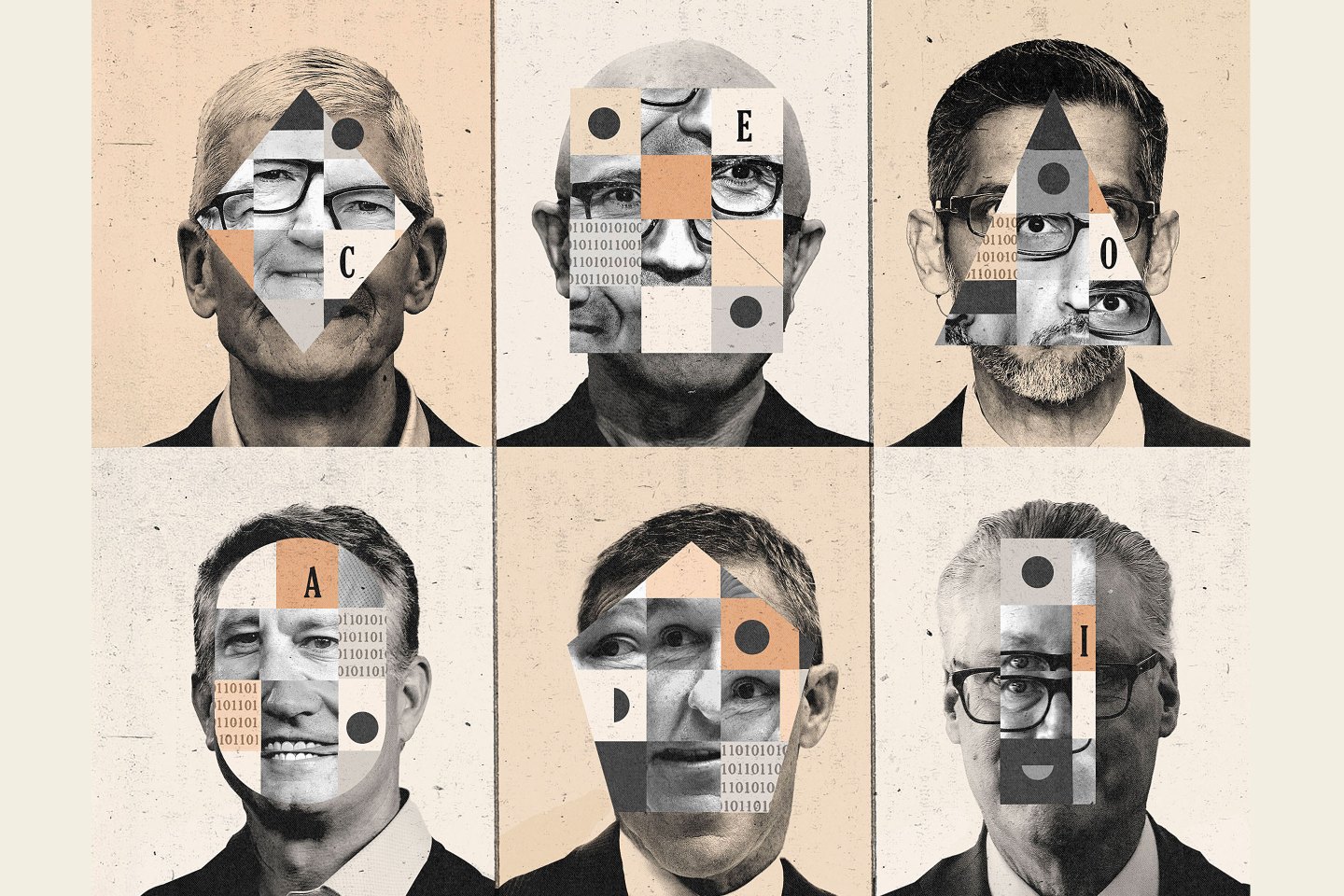In 2002, Fortune’s Betsy Morris interviewed a pack of high-achieving CEOs and one famous lawyer who all attributed part of their success to their dyslexia.
It’s hard to choose one thread from the award-winning cover story, with its then-groundbreaking message: Dyslexia, paired with grit, can forge visionary and creative leaders.
There’s financial titan Charles Schwab, who explained that his brain shows him the “end zone” of a strategy before others see it. Craig McCaw, a pioneer in cell phone technology, said his learning difference helped him see the promise of wireless communications when many others couldn’t. Billionaire and Virgin Group founder Richard Branson is here too, discussing how, for him, dyslexia made mathematics a foe. “Look, if I had been good at math, I never would have started an airline,” he quipped.
David Boies—already a star lawyer, but not yet a controversial figure—expressed a wish that society allowed more room for late bloomers. “In this environment,” he said, “you get children who think they are masters of the universe, and children who think they are failures, when they’re 10 years old. They’re both wrong. And neither is well served by that misconception.”
These men all grew up in an era where dyslexia was little understood. They suffered bullying and teachers who doubted their intelligence. Even as adults, not all were quick to speak candidly about their lives with dyslexia. In one moving anecdote, former Cisco CEO John Chambers told Morris that he kept his dyslexia a secret until the late 1990s: “One day a little girl at Cisco’s Bring Your Children to Work Day forced him out of the closet,” the story explains. “Chambers had called on her, and she was trying to ask a question before a crowd of 500 kids and parents. But she couldn’t get the words out. ‘I have a learning disability,’ she said tearfully.”
“She started to leave, and you knew how hurt she was in front of the group and her parents,” Chambers recalls in the story. On the spot, he pushed past his fear of looking vulnerable as a then-new Cisco CEO. “‘I have a learning disability too,’” he told her, and went on to explain, “There are some things you can do that others cannot, and there are some things others can do you’re just not going to be able to do, ever.”
More than 20 years later, researchers have learned much more about dyslexia, how to manage it, and its relationship to creativity. As Morris noted, the condition can present differently in girls than boys, leading to it sometimes being overlooked. But the successful men Morris interviewed (and they were all men) still offer timeless lessons about the power of parental support and optimism, the value of overcoming adversity early in life, and the necessity of rejecting any suggestion that one’s fortune is fixed in grade school.












